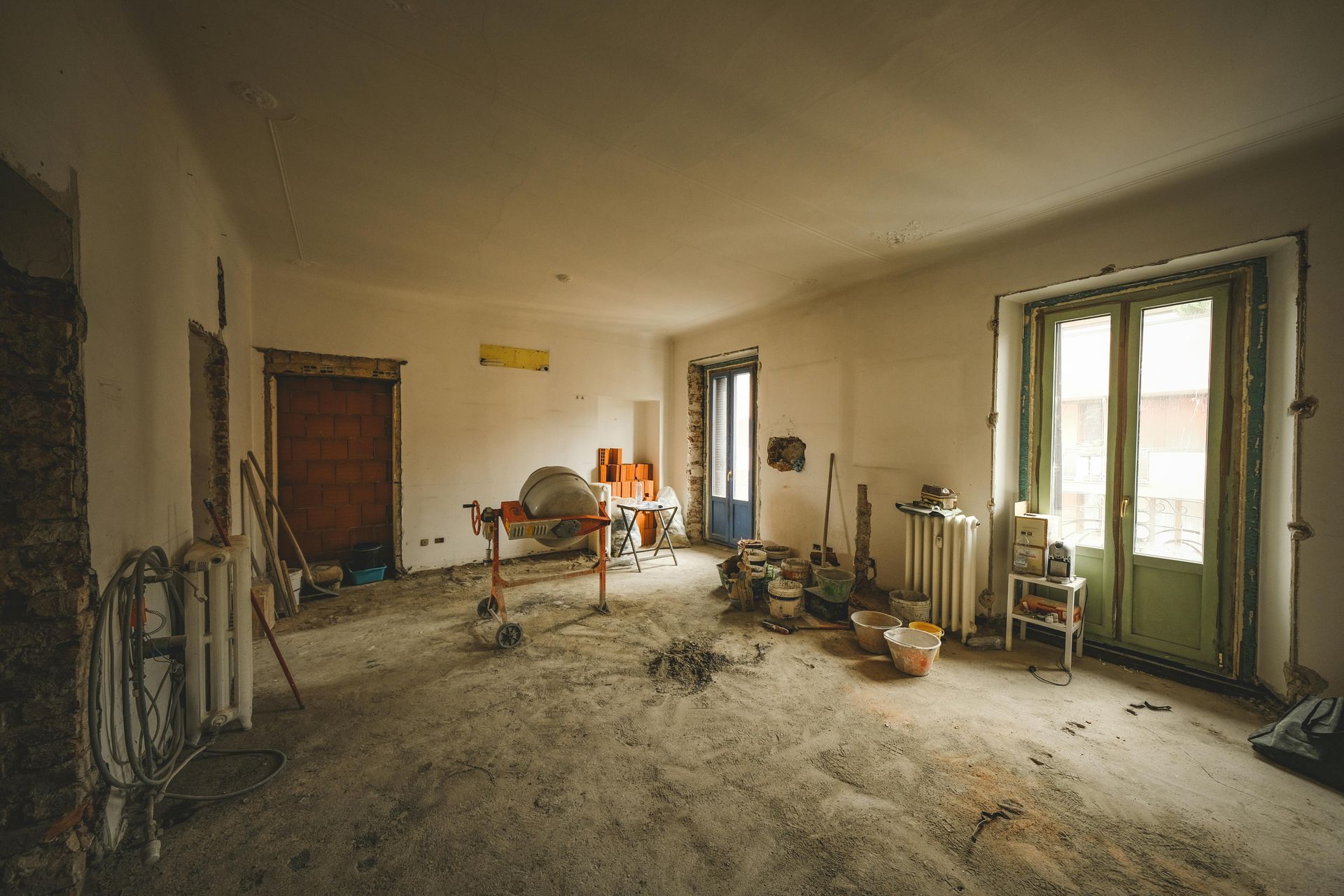A couple of years ago I wrote a series of posts about what to do with the marital home in a divorce. In nearly every initial conversation I have with a divorcing couple, one of the parties wants to keep the house by buying out the other.
This is completely understandable for many reasons - the kids are still in school; they love the neighbourhood; they’ve invested a lot of time and energy into making it a home. Whatever the reasons, the practicalities of keeping and maintaining the home on your own can make this a difficult option. And in today’s market, it is a near impossibility.
First, let’s understand what it means to buy out your spouse. In basic terms, a spousal buyout involves you paying your spouse their share of the equity of the home in order to release them from the mortgage and ownership (title) of the property.
Not only are you taking over the mortgage, you are also adding the share of equity amount to the mortgage you will need to finance. For example, let’s say your home is valued at $1 million and the mortgage is currently at $400,000. The equity in the home therefore is $600,000 and your spouse’s share would be $300,000. That means you will need a mortgage of $700,000.
And you’re now doing this on one income. But let’s assume you make an excellent salary, have a great credit score and after doing some quick calculations, you feel confident that you can manage this. The reality is, however, that rising interest rates and higher home values have made it extremely difficult to buy out your spouse.
First, rising interest rates have resulted in
mortgage payments nearly tripling since February of this year. Second, the price of residential properties across Ontario grew by 30% or more during the pandemic, peaking in February. Since then, some markets - like Kitchener-Waterloo - have seen price drops of 20% or more and are expected to continue to decline into 2023.
While this might be good news from a buyout perspective, it depends on when you separated. I often talk about
the importance of a Separation Agreement in divorce, particularly where the marital home is concerned. You cannot get another mortgage without one, so it’s needed for a buyout scenario.
A Separation Agreement contains a very important date - the date of separation (otherwise known as the valuation date). What many people don’t realize when considering a spousal buyout, is that this date is used to determine the value of the property. This means your equity buyout amount is based on the value of the property
at the time of separation.
Going back to our previous example, if your home is valued at $1 million today, but you separated in February 2022 at the market’s peak, the value for the purposes of determining your equity split would be closer to $1.25 million. That adds another $125,000 to the amount you will need to finance.
There are a lot of factors to consider in a spousal buyout and today’s market is definitely a major one.
Selling might be your best or only option. Talk to your financial advisor or mortgage broker to see what options might be available to you.
The information provided on this website does not, and is not intended to, constitute legal advice; instead, all information, content, and materials available on this site are for general informational purposes only. Views expressed are my own. Please consult a lawyer for advice on legal matters.


